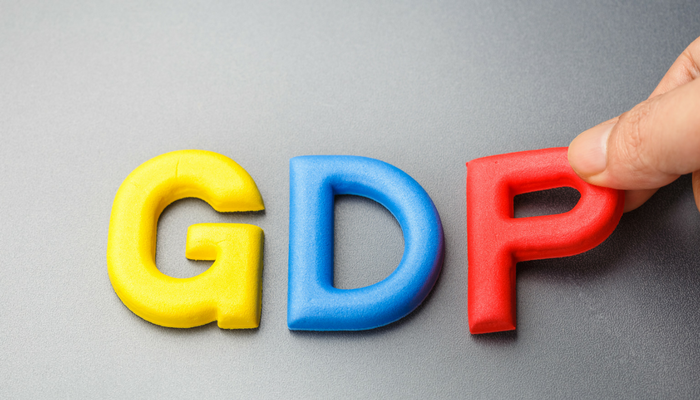What is The Role of Cities in Creating Happiness?

It is rare that cities are associated with residents’ happiness, with suburban and rural residents usually report higher life satisfaction. Most cities are designed with economic progress, safety, accessibility and public services in mind, but almost never with a focus on actual happiness. However, recently, several cities have realized that happiness impacts the other aspects that are more commonly the focus of civil governments. People who live in a place that is hard to navigate or live in are going to be unhappy, and unhappiness is contagious. One city that has taken happiness as a priority is Dubai in the United Arab Emirates.
In 2016, Dubai revealed its plans for becoming the world’s first city of happiness, built around the happiness of those who live there. Two years earlier, Dubai developed a Happiness Index to help the city determine what policies would improve the overall happiness. The goal is to reach 95 percent happiness by 2021, based on the residents’ feedback via public terminals and surveys.
Dubai created Smart Dubai Office which is responsible for using technology and developing Dubai into a smart city to move towards that goal. Dr. Aisha Butti Bin Bishr is the Director General of that office and has been from the creation of the office.
The Smart Dubai strategy is inexorably intertwined with increasing happiness in the city and is based on a single digital platform called Smart City. The concept connects data provided by different services and departments of the city with applications that deliver services directly to residents. This reduces the steps of connecting residents to city departments, reducing and eliminating the steps necessary to get information to and from citizens.
This Smart City platform goes further as related to resident happiness than simply reducing the frustration and effort when accessing city services. It also provides for extensive feedback from residents on various services. To start, this was held just to government agencies, allowing users to rate multiple interactions as bad, medium or good. Dubai, though, didn’t stop there, rolling the system out to the private sector, allowing everything from hospitals to delis to receive customer satisfaction information and to rank themselves with competitors or even other industries.
Interestingly, while many organizations stop at customer satisfaction, Dubai is aware that measuring user and citizen satisfaction is just the first step in being a happy city. While reducing the dissatisfaction with government agencies and providing services in convenient and easy-to-use ways is essential and the first phase, Dubai’s government is well aware that it isn’t the end of the process. Ongoing, worldwide events like The Happiness Festival are needed to spread these ideas to other nations, as well, so that everyone can grow and participate.
More profound happiness needs and desires are still being investigated, and plans are being made to adjust systems, services, and policies to support those needs. One problem that Dubai is working to solve is that happiness is a subjective situation. What one person needs to be happy can be completely different than the what another need. Information gathering and data analytics are critical to understanding the demographic differences that drive happiness and developing solutions that increase the happiness for as many users as often as possible.





